Initial results on benchmarking site Geekbench have confirmed that the iPhone 15 Pro has more RAM than previous models, and show a performance boost of around 10%.
Now that the iPhone 15 Pro and iPhone 15 Pro Max have been unveiled, benchmark results have begun appearing on Geekbench and reveal both performance and specification details. Despite previous rumors, for instance, it appears that the two Pro models ship with 8GB RAM, up from the previous standard 6GB.
As first spotted by MySmartPrice, the scores show that the new A17 Pro chipset brings 10% faster performance than last year's A16 Bionic. Part of that performance boost comes from how the A17 is the first iPhone chip to be made using TSMC's 3-nanometer process.
In terms of performance, the iPhone 15 Pro — known internally at Apple, and shown on Geekbench, as iPhone 16,1 — scored 2908 in the single-core tests. For multi-core, it scored 7238.
By comparison, the iPhone 15 Pro Max — iPhone 16,2 — scored 2846 single-core, and 7024 multi-core.
That does mean that the smaller iPhone 15 Pro scores higher than the larger version. But it's the size that makes the difference — the iPhone 15 Pro Max has more pixels to drive.
In either case, the new scores significantly improve on the A16 Bionic processor in the iPhone 14 Pro Max. That scored 2546 single-core and 6631 multi-core.
 William Gallagher
William Gallagher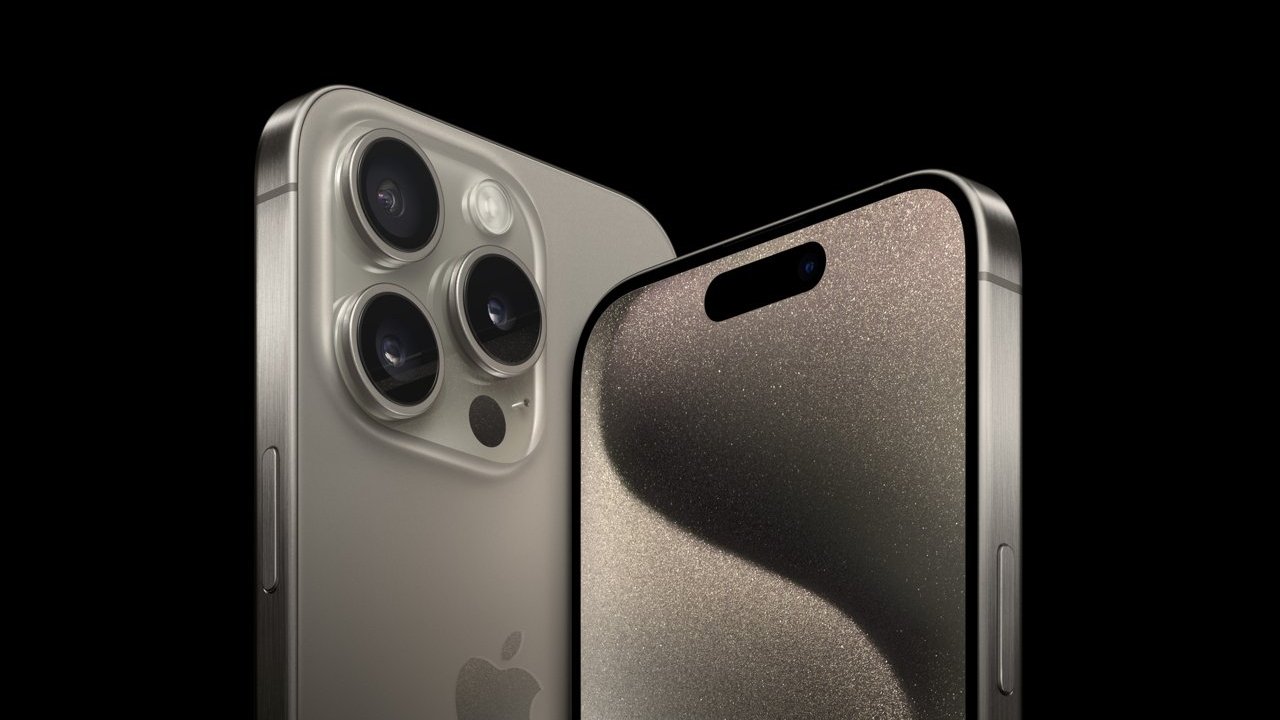
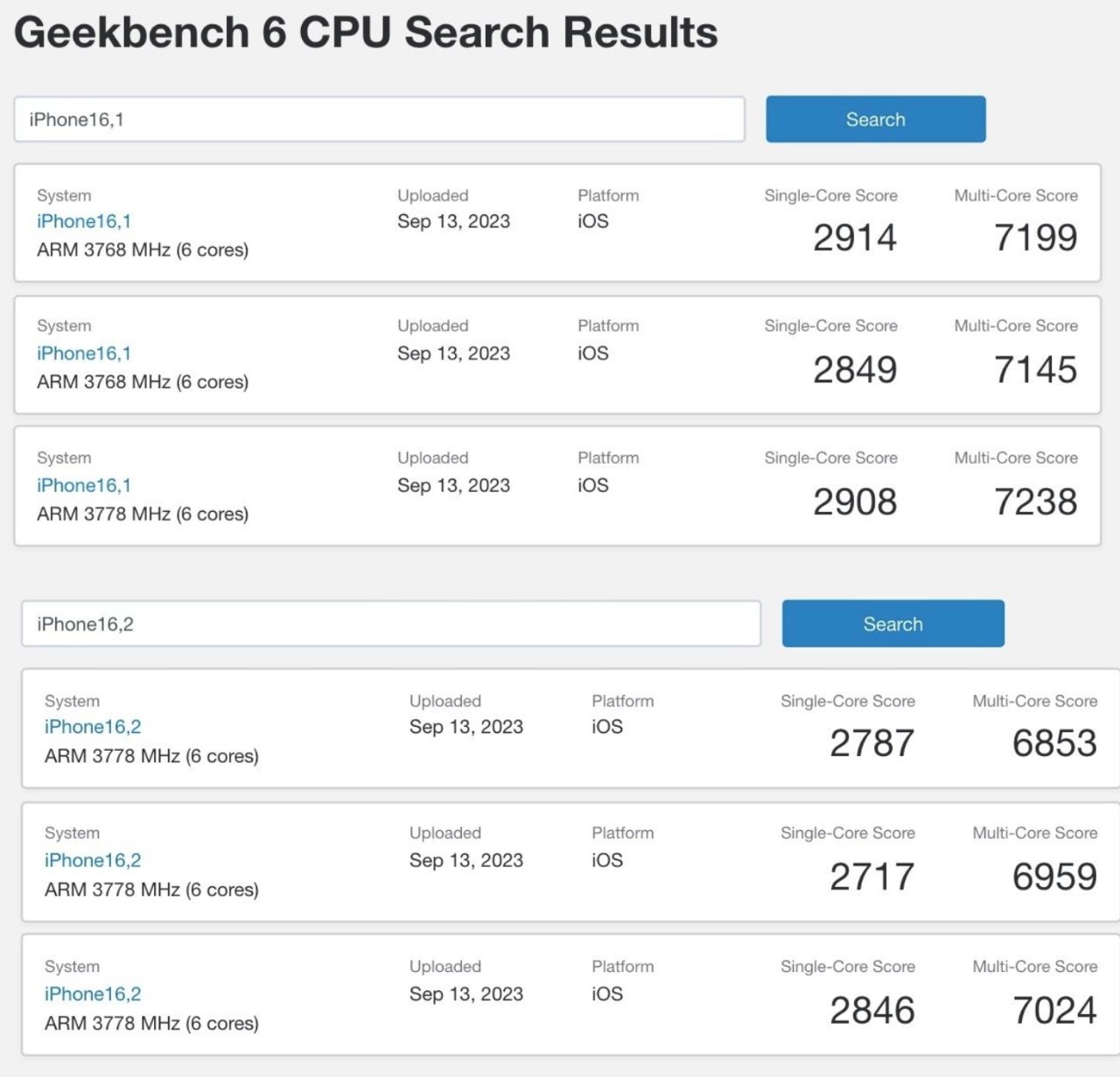




-xl-m.jpg)



 Malcolm Owen
Malcolm Owen
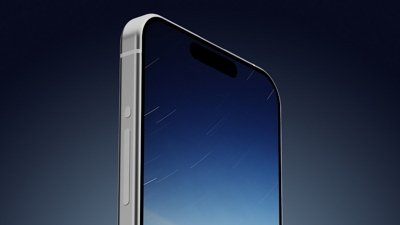
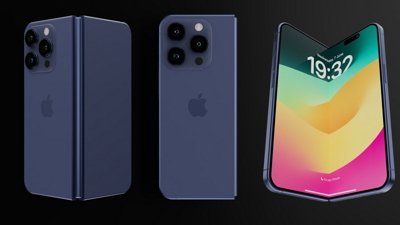
 Amber Neely
Amber Neely
 Andrew Orr
Andrew Orr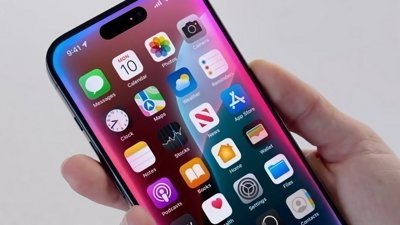


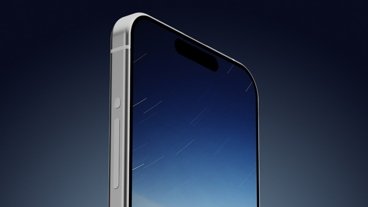







12 Comments
Nice, modest, incremental improvements.
Geekbench CPU benchmarks don't test the GPU; the size of the connected display has no effect on the CPU score. If you review Geekbench 6 CPU scores for other iPhones, you can plainly see Pros and Pros Max scores within margin of error between each other, with Pros sometimes 20-50 points ahead of Pros Max and vice versa.This is a CPU test, not a GPU one. I won't get a different score on my PC if I replace my 1440p panel with a 4K one.
I don’t know man. Was expecting much more. Especially after the move to 3nm and the last two generations being about the same (7% difference). Kinda disappointed. Especially since battery life didn’t take a noticeable leap up. Almost as if there were no cpu architectural improvements.
This just goes to show that the honeymoon period of early A-series chip development is over. Apple engineers have essentially perfected the fundamental designs of these chips such that there are no "easy" optimizations sitting out there as low-hanging fruit. The days of 50%, 40%, or 30% year-over-year performance gains are over.... at least until some other paradigm shift in semiconductors arrives.
The Apple/ARM architecture has a great number of advantages over the legacy x86 line of processors, but any illusion of these things continuing their moonshot trajectories should be dampened by reality.
Still, gains and optimizations year-over-year are still very welcome.